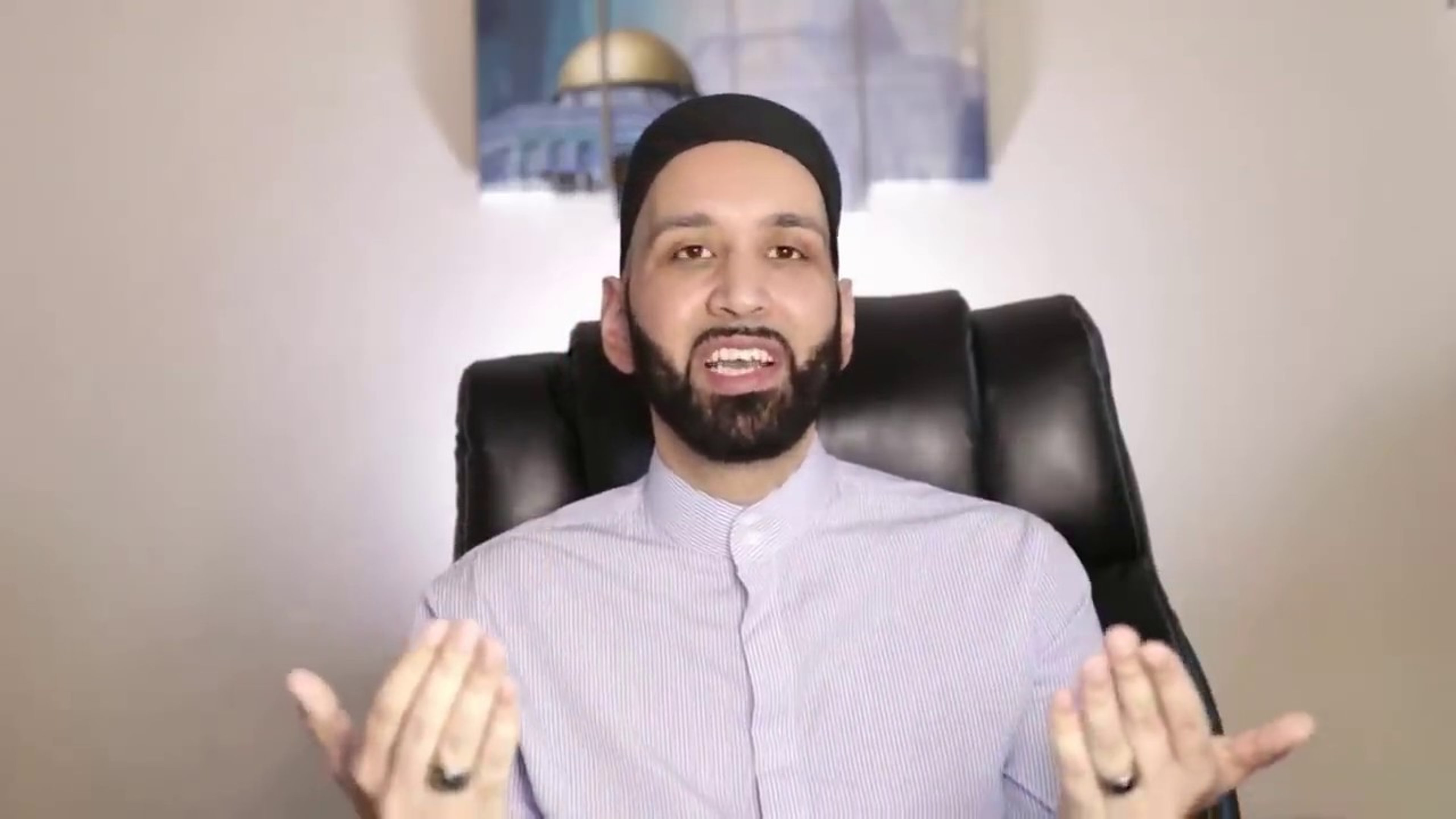
Find Clarity in Your Cave | Daily Reminders
2 Things We Take for Granted | Daily Reminders
Lightening Calamities with Conviction | Daily Reminders
To Put a Smile on the Face of your Brother or Sister | Daily Reminders
"When will life go back to normal?" | Daily Reminders
"Avoiding that which doesn't concern you” | Daily Reminders
The Role of Remembrance in a Crisis | Daily Reminder
Processing News and Seeking the One True Source of News | Daily Reminder
The Death of the Prophet & the Vision of Ibn Abbas | Daily Reminders
Maintaining a Positive Assumption of Allah During the COVID-19 Pandemic | Daily Reminders
Not Going Back, but Growing Forward | Daily Reminders
Make Peace and Move On | Daily Reminders
Finding the Positives During Hard Times | Daily Reminders
Building Our Faith with Consistency | Daily Reminders
Two Blessings that are Rarely Combined | Daily Reminders
The Glass is Half Full | Daily Reminders
Buying What You Want When You Feel Like It | Daily Reminders
Assuming the Best of Allah | Daily Reminders
Expressing Love for Those Around Us | Daily Reminders
99 gods vs 99 names of one God | Daily Reminders
A Means of Purification | Daily Reminders
The Shadows of My Worries | Daily Reminders
Falling Into Your Thoughts - Cognitive Distortion Part 1 | Daily Reminders
The Scholar Who Pretended He Couldn't Hear | Daily Reminders
Seeing Allah's Majesty in Everything | Daily Reminders
Don’t Just Ask for the Loss to be Less, Ask for the Replacement to be More | Daily Reminders
Do Not Forget Who You Are | Daily Reminders
“To be spared and grateful is more beloved than to be tested and patient” | Daily Reminders
Heaven's Celebrities are Often Unknown on Earth | Daily Reminders
Do Not Fear the Virus | Daily Reminders
Working on the Base - Cognitive Distortion Part 2 | Daily Reminders
How to Observe the 15th Night of Sha'ban | Daily Reminders
"What Have You Put Forth?" | Daily Reminders
Giving Empathy | Daily Reminders
Do Not Wish to Meet Your Enemy in Battle | Daily Reminders
Feeling Lonely and It's Getting Worse | Daily Reminders
Uncertainty Tolerance | Daily Reminders
Does God Ever Give Us Tests We Can't Handle? | Daily Reminders
'Oh Allah, Reduce My Pain But Not My Reward' | Daily Reminders
Allah Provides for You | Daily Reminders
The Du'a That Answers Every Prayer & Removes Every Hardship | Daily Reminders
Dealing with your Thoughts - Cognitive Distortion Part 3 | Daily Reminders
Understanding Invisible Wounds | Daily Reminders
Tapping into Allah's Treasure - Rizq Part 1 | Daily Reminders
The Prophetic Way of Calling Upon Allah | Daily Reminders
Gems of Seclusion | Daily Reminders
Two Things Allah Keeps Hidden From Us | Daily Reminders
Expanding and Blessing Your Wealth - Rizq Part 2 | Daily Reminders
The Greatest Way to Seek Allah's Forgiveness | Daily Reminders
In that Moment, What Do You Say? | Daily Reminders
The Bedouin Who Mastered His Praise with Two Words | Daily Reminders
When the Prophet Sent People Home from the Masajid for Taraweeh | Daily Reminders
How Ali (ra) Spent 4 Dirhams in Search of Allah's Mercy | Daily Reminders
Keeping Peace Within Our Homes | Daily Reminders
Book Recommendations from Dr. Jonathan Brown
You Are Responsible, but Not in Control | Daily Reminders
Fleeing from Darkness to Allah's Light | Daily Reminders
Self Actualization and the One Who Needs No Praise | Daily Reminders
When You Can't Be Broken or Bought | Daily Reminders
How You Act From A Place of Power | Daily Reminders
Loving the World Too Much | Daily Reminders
Hold Yourself to Higher Standards | Daily Reminders
Misery Loves Company | Daily Reminders
The Untwisted Truth and the Straight Path | Daily Reminders
Layers of Misguidance | Daily Reminders
Prepare for Dhul Hijjah Like You Do Ramadan | Daily Reminders
What If You Were Never Born? | Daily Reminders
Is It OK to Wish for Death? | Daily Reminders
Degrees of Success | Daily Reminders
Setting Boundaries for Your Paradise and Inner Peace | Daily Reminders
Sincere Advice to an Unwilling Recipient | Daily Reminders
Finding the Right Messenger | Daily Reminders
The Meaning of Al-Azeez (The Almighty) | Daily Reminders
Moses was Not Just Sent to Drown the Pharaoh | Daily Reminders
To Kill Or Be Killed By a Prophet | Daily Reminders
The Days of Allah | Daily Reminders
Justice in the Court of Allah | Reminders
Invisible Wounds & Visible Flaws | Live Reminders
A Major Hidden Benefit of Fasting Regularly | Live Reminders
The Prophets Advice On Having a Clean Heart
Better Than Praying All Night | Live Reminder
What's the best way to read Qur'an? | Live Reminder
Questions About the 6 Days of Shawwal | Live Reminders
How Life Changes When You Find the Truth
How Allah Shows Love For Us | Dr. Hassan Elwan
This Is A Sign That You’ll Go To Jannah | Dr. Hassan Elwan
A Believer’s Animal Personality Test | Dr. Hassan Elwan
Reminders
When You Can't Be Broken or Bought | Daily Reminders
Why integrity and independence frustrate oppressors so much. A look at the people of the ditch, and their belief in Al Azeez Al Hameed.